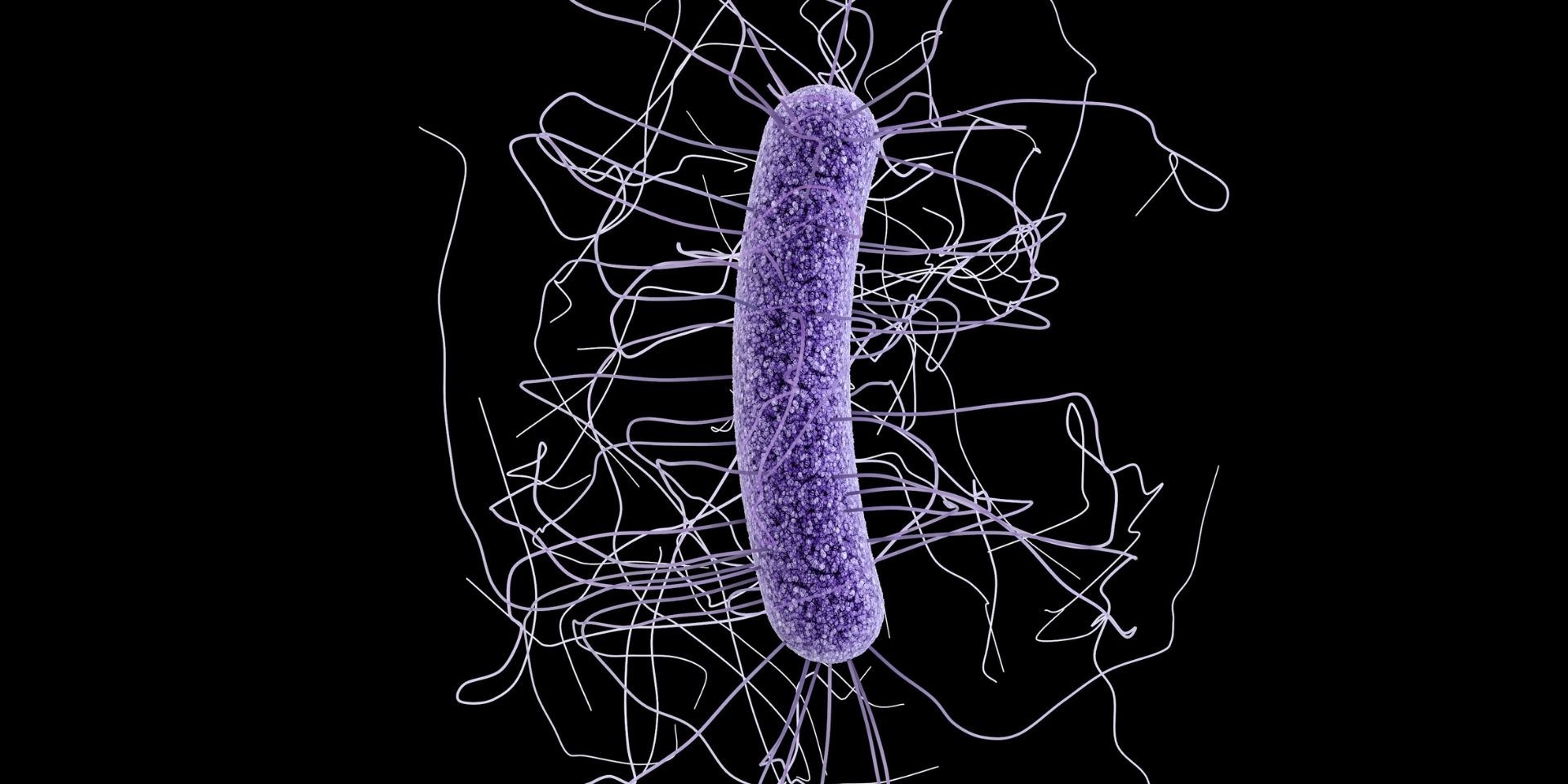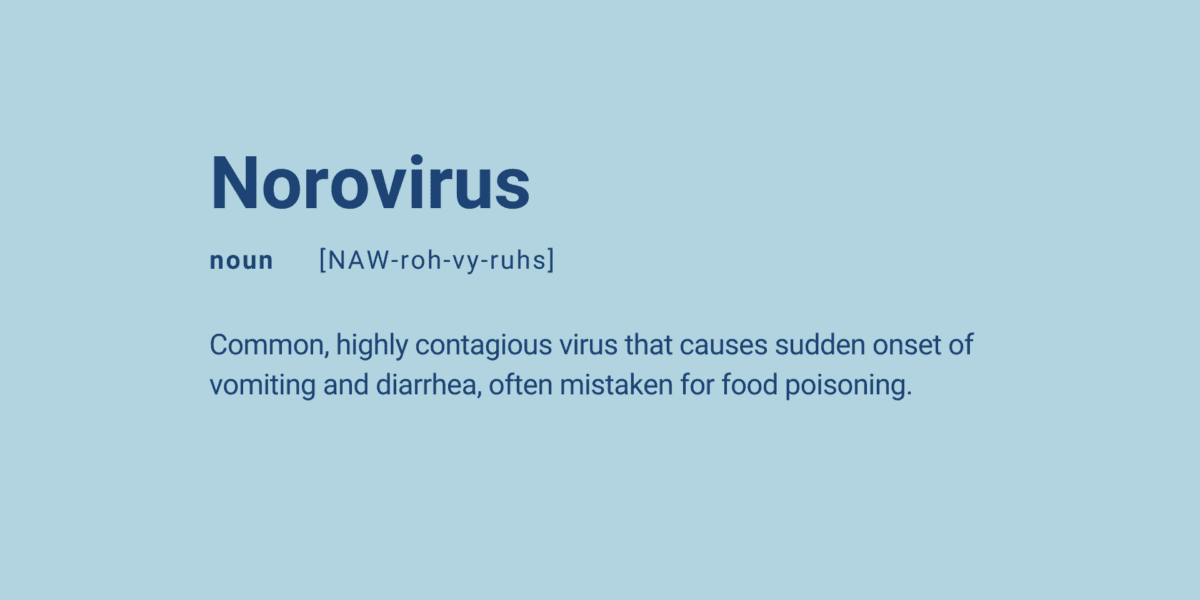
What is C. diff?
Clostridioides difficile [klos–TRID–e–OY-dees dif–uh–SEEL] (C. diff) is a bacterium (germ) that causes diarrhea and colitis (inflammation of the colon). Complications related to C. diff can result in serious injury and in rare cases death. Most cases occur while taking antibiotics or soon after finishing antibiotic treatment. Here are answers to frequently asked questions about C. diff:
How common is C. diff?
C. diff causes nearly 500,000 illnesses in the US each year. Although C. diff bacteria are commonly found in the environment (in soil, air, water, human and animal feces, and food products), taking antibiotics greatly increases your chance of getting C. diff. Individuals on antibiotics are 7-10 times more likely to get C. diff while taking antibiotics or during the month after.
The normal gut contains many different organisms that are known as the microbiome. When antibiotics are used for an infection, they not only affect the bacteria they are designed to attack but also affect the good bacteria in the microbiome that help our bodies fight infection. While taking antibiotics, individuals are more susceptible to C. diff and more likely to get sick if they come in contact with it.
C. diff bacteria are passed in feces and spread to other surfaces when people who have C. diff do not wash their hands thoroughly with soap and water. People can get C. diff by touching a surface contaminated with C. diff spores.
Who is at risk for C. diff?
Risk factors for C. diff infection (CDI) may include:
- Antibiotic use
- Age 65 years or older (about 80% of C. diff deaths occur among adults age 65+)
- Recent or current hospitalization or extended stay in a nursing home or other healthcare facility
- Weakened immune system
- Previous infection or known exposure to C. diff (1 in 6 people infected with C. diff will get it again in the next 2-8 weeks)
What are symptoms of C. diff?
Symptoms of C. diff include:
- Diarrhea
- Fever
- Stomach tenderness, pain, or cramping
- Loss of appetite
Complications can include:
- Dehydration
- Inflammation of the colon (colitis)
- Severe diarrhea
- Serious intestinal conditions, such as a ruptured colon
- Sepsis
- Death
How can C. diff be prevented?
- Know when to use antibiotics
Antibiotics should only be used to treat certain infections caused by bacteria. Antibiotics do NOT work on infections caused by viruses. Work with your healthcare professional to make sure you are getting the right antibiotic, at the right dosage, for the right amount of time, only when antibiotics are needed.
- Wash your hands frequently and thoroughly
Washing your hands with soap and warm water (for at least 20 seconds) throughout the day, before you eat, and especially after using the restroom, can help prevent the spread of C. diff.
- Keep surfaces clean
C. diff spores can survive normal cleaning and need to be killed with products containing chlorine bleach. If you or someone in your household has C. diff, you can make a cleaner at home by mixing 1 part bleach to 9 parts water.
Focus on regularly cleaning items that you frequently touch, including doorknobs and electronics. Use hot water and chlorine bleach to disinfect dirty laundry.
How is C. diff diagnosed and treated?
C. diff can be detected with a lab test of a patient’s stool sample and is usually treated with an antibiotic. Serious infections or complications may require hospitalization and surgery.
In some cases, a patient may test positive for C. diff but have no symptoms. When this occurs, a patient is said to be “colonized with C. diff” (sometimes called a “carrier”). Someone who is colonized with C. diff may not need treatment but can spread C. diff to others.
Reviewed October 2023
Source: Centers for Disease Control and Prevention
Related Resources

Norovirus Social Media Graphics
Graphics and sample social posts to help raise awareness about norovirus

Contagious Chronicles: Norovirus Update
In this episode, NFID experts discuss norovirus, the leading cause of vomiting, diarrhea, and foodborne illness, which affects up to 21 million people in the US each year …

Sonya’s Story (COVID-19)
A daughter prays that her mother’s death helps others understand the dangers of COVID-19
